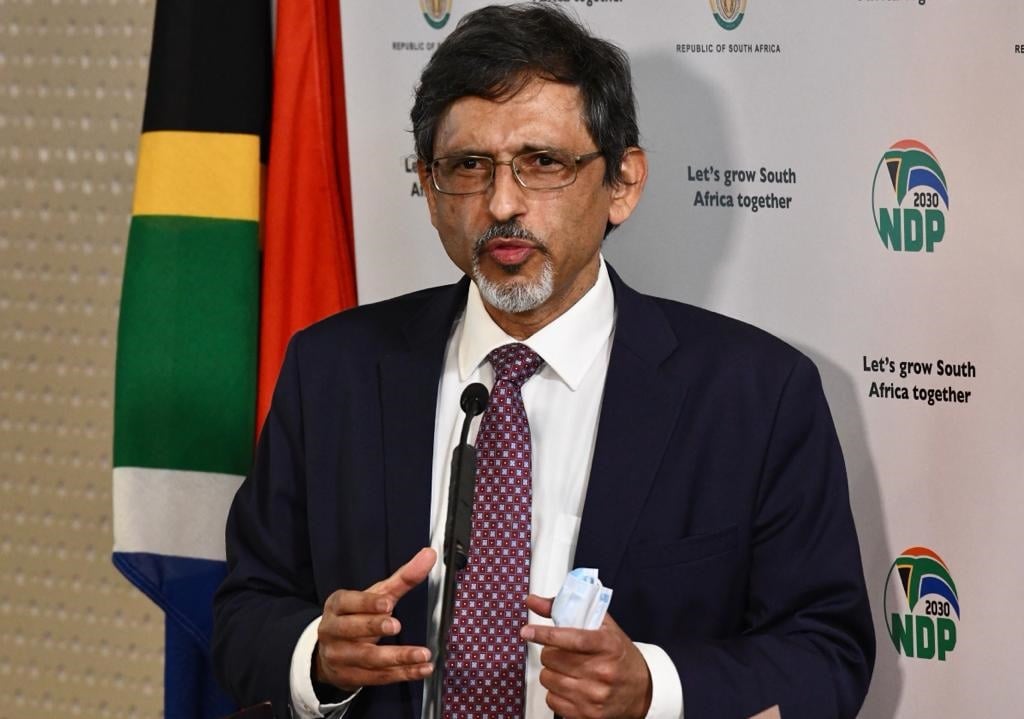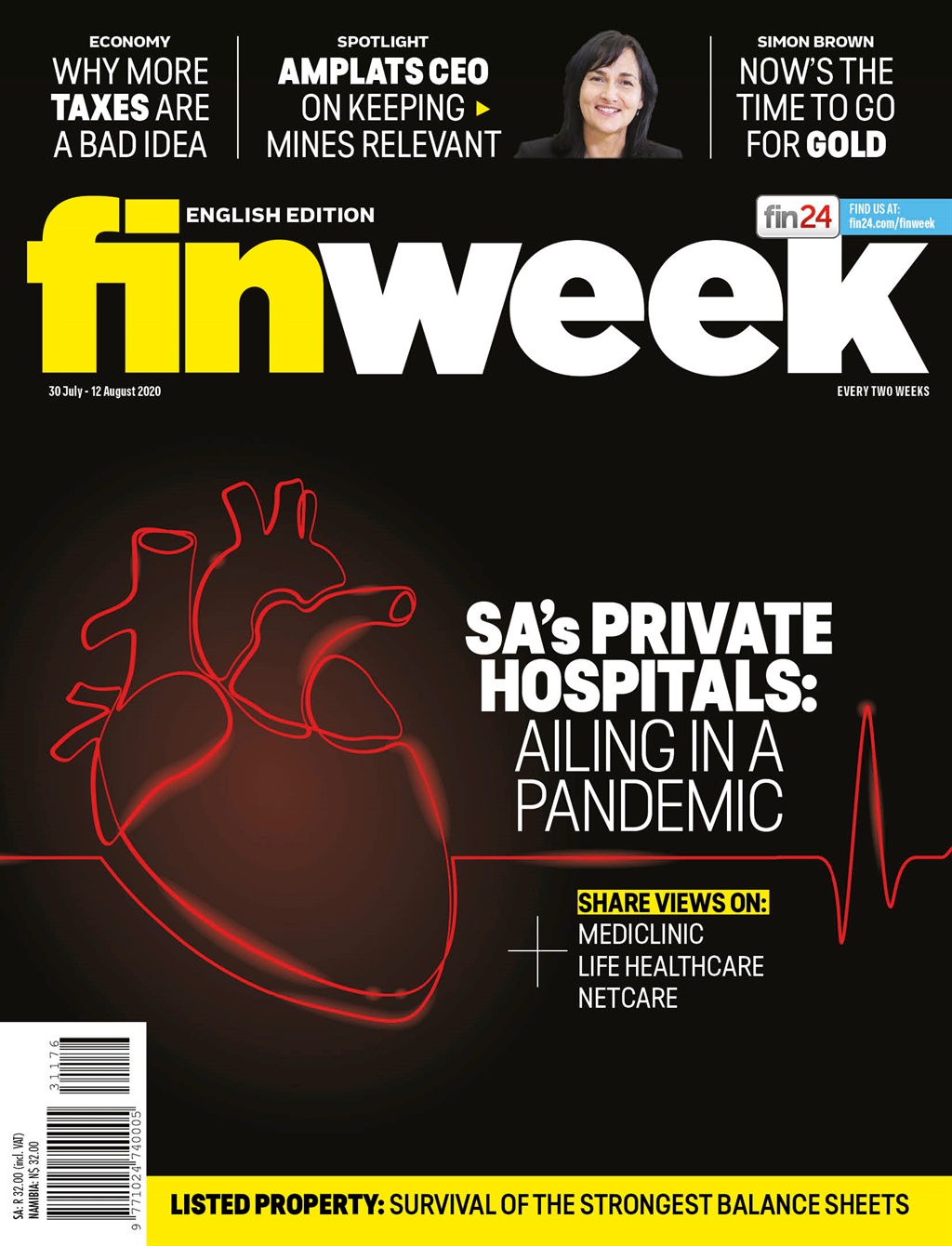
Is government going with the global turn inwards or is it looking out for local manufacturers as Africa opens up for free trade?
South Africa is heading towards “autarky”, a much greater self-sufficiency that includes trade protectionism, in its economic policies.
The government began bringing the economy “closer to home” before the Covid-19 crisis but seems to be accelerating the move since then. That’s the view at least of some of the country’s trading partners. They worry about a push to contract manufacturing value chains down to the region or to Africa; to localise much more manufacturing and to give the state greater control of the economy.
This would run counter to globalisation and free trade and thereby deny foreign manufacturers and suppliers beyond Africa a chunk of their share in the SA economy.
Western diplomats discern signs of these tendencies in recent policy pronouncements by the ANC and by the government, particularly Ebrahim Patel, minister of trade, industry and competition.
Other Western diplomats are less worried because they believe so far SA is merely doing what most of the world is doing: reducing its dependency on imports.
The policy orientation that is worrying diplomats is clear in the ANC’s discussion document, “Reconstruction, Growth and Transformation: Building a New, Inclusive Economy”. This was prepared in June by the ruling party’s Economic Transformation Committee in response to the Covid-19 crisis.
Like the left elsewhere in the world, the ANC believes the crisis has exposed the limitations of global capitalism, has tilted the “balance of forces” – which the ANC always obsesses about – between the public and private sector in favour of the public side and has “legitimised a greater and more active role of the state in guiding the economy”.
“As the world economy enters recession and global trade slows, this has opened up avenues for greater regional integration, trade and investment. Equally, as many economies are forced to look inward, this presents opportunities to rebuild local industry, strengthen local manufacturing and drive import substitution," the document states.
This excessive reliance on imports has been
revealed by the Covid-19 crisis since most of the medical
equipment and personal
protective equipment has had to
be imported.
The slowing of global economic growth caused by the pandemic is reducing imports of consumer goods, and capital and intermediate products.
“These developments present an opportunity for SA to look inward by strengthening the agenda for localisation, in particular local manufacturing and local procurement,” the ANC document says. By “localisation” it includes greater integration of SA manufactured products within the Southern African Development Community and continental value chains, especially through the African Continental Free Trade Agreement (AfCFTA), which was due to start operating on 1 July this year but was postponed until 1 January 2021 because of the Covid-19 crisis.
A “massive programme of localisation should prioritise key industries such as agro-processing; healthcare; consumer goods; household hardware products; capital goods, especially for infrastructure projects, mining, agriculture, renewable energy, the green economy and digital infrastructure; construction material, and transport equipment”, and “state procurement should shift decisively to local procurement”, the ANC advocates.
Patel’s development of “master plans” in some of these areas, well before Covid-19 struck, is also worrying some diplomats. In his speech in the State of the Nation debate in February, Patel focused particularly on the master plans for the clothing and textiles industry as well as the poultry sector.




 Publications
Publications
 Partners
Partners












